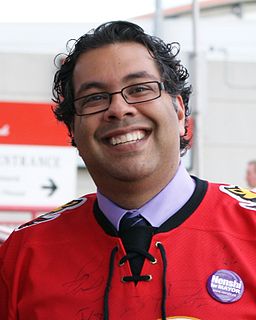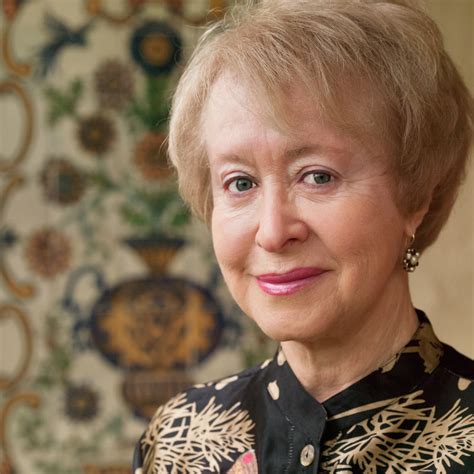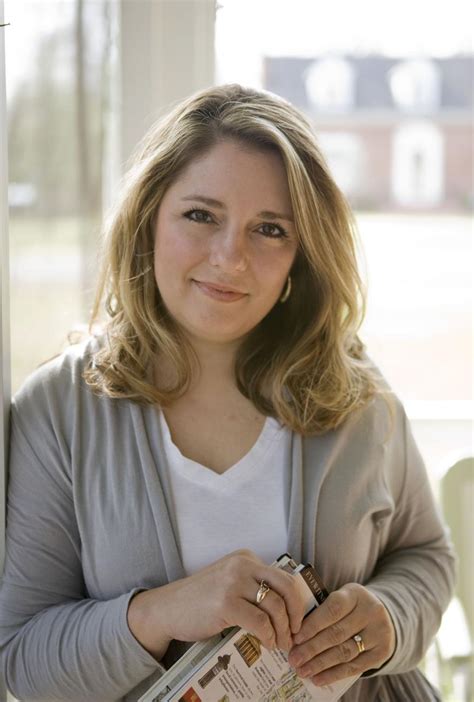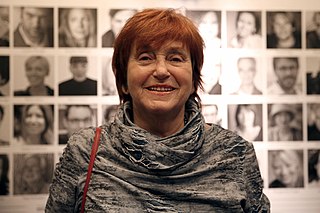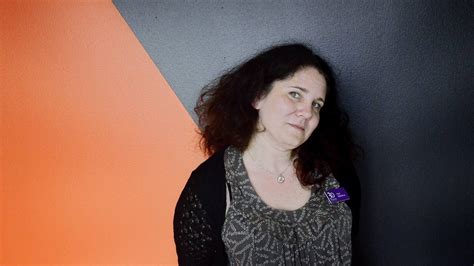A Quote by Robert Hass
What we usually find is that when people think they have a new idea or approach something for the first time, it is actually a recurrence of a line of thinking explored in the past.
Related Quotes
I don't believe that the economy has changed people's thinking politically in Alberta. However, obviously we elected a brand new government for the first time, some people say, in 44 years. It's actually the first time in over 70 years, because the previous government, prior to the PCs, was really just PCs with a different name. And I think what that did, it doesn't suddenly mean that Tom Mulcair is going to win a whack of seats here in Alberta, but I think it did open Albertans' eyes to the fact that, you know, something different is possible and we can do something different.
In the creative industries, there are few things more exciting than a zinger - a thought, idea, line, plot device - anything really, that just totally works in a fundamentally new and fresh way. It's like a uniquely lovely melody or a new taste idea in cooking. Something special, something new, something wonderful. They're also very rare.
I would love to say that the world is changing in the movie industry for people of color, women, the LGBTQ community and other minorities since I began my career, and that we are evolving as a species, but I think that given this social and political climate, I'm at a loss. It's like running a marathon and thinking you're halfway done and you can see the finish line - but the finish line is actually the first checkpoint.
People think of time as a continuum composed of points which is stretched out at a line, and even if you add a direction to it and say one direction on the line is past and the other direction is future, or better, one direction is "earlier than" and the other direction is "later than", you're still thinking of it as like a geometrical line which is stretched out rather than as a dynamic process of becoming.
And we should forget, day by day, what we have done; this is true non-attachment. And we should do something new. To do something new, of course we must know our past, and this is alright. But we should not keep holding onto anything we have done; we should only reflect on it. And we must have some idea of what we should do in the future. But the future is the future, the past is the past; now we should work on something new.
I was trying to develop a completely new, nonvoyeuristic approach to the female body as something other than a visual object. I wanted to find out what happened when you leave behind the voyeuristic mode and confront people with reality. But that's what was so interesting for me to discover: People don't want to see reality. It's a pretty simple idea, really, this question of how we deal with reality. When something is constructed, when it's projected onto a screen, it's acceptable, but it's different when it's there in front of you in a public space.

